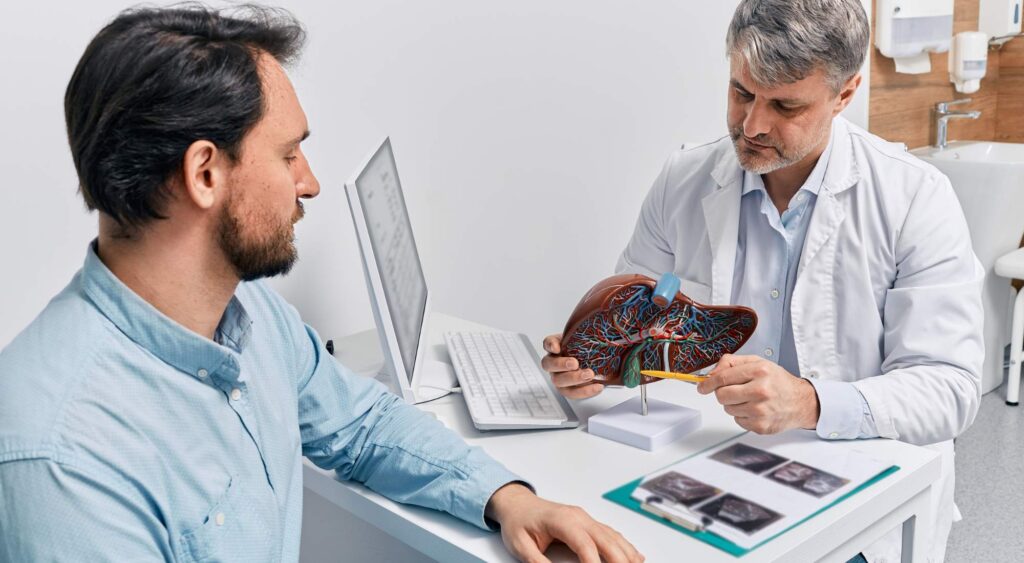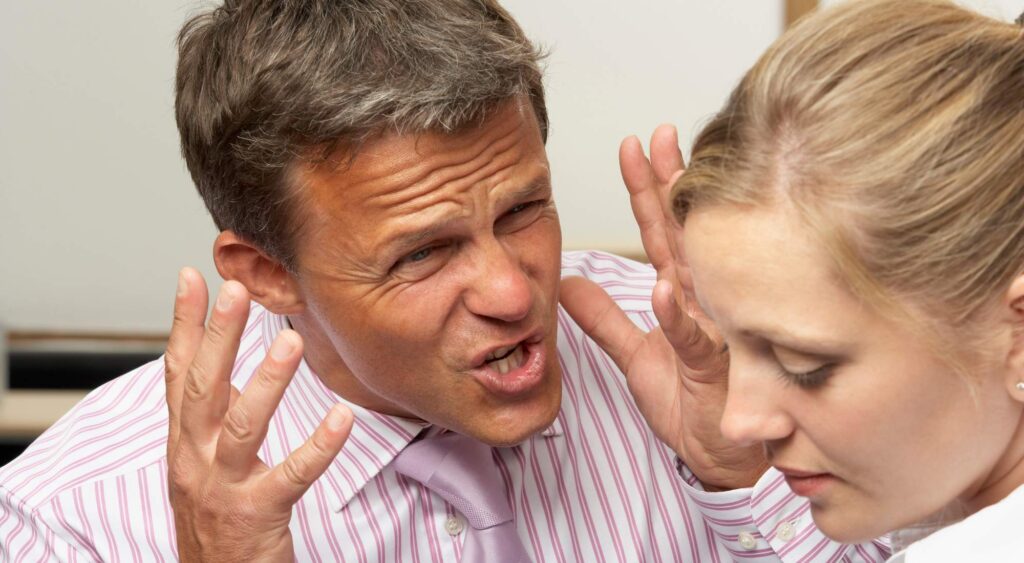Depression is a common mental health disorder that affects millions of people worldwide.
It goes beyond feelings of sadness or temporarily “down” moments; depression is a persistent condition that can interfere with daily life. Here in Pennsylvania, 19% of people were diagnosed with depression in 2021. More than half of these individuals did not receive any care, leaving them vulnerable to substance use, problems at work, and relationship issues.
Recovery Cove in Easton, PA is here to make a difference for those who want to overcome depression. In addition to the therapeutic services we provide, our depression treatment in Lehigh Valley, PA also educate individuals and their families on depression, the different types, and the treatments available. When people have access to the right information, they can be empowered to take control of their recovery. Below is more information on depression and how our Mental Health Program can help you or a loved one feel better.









